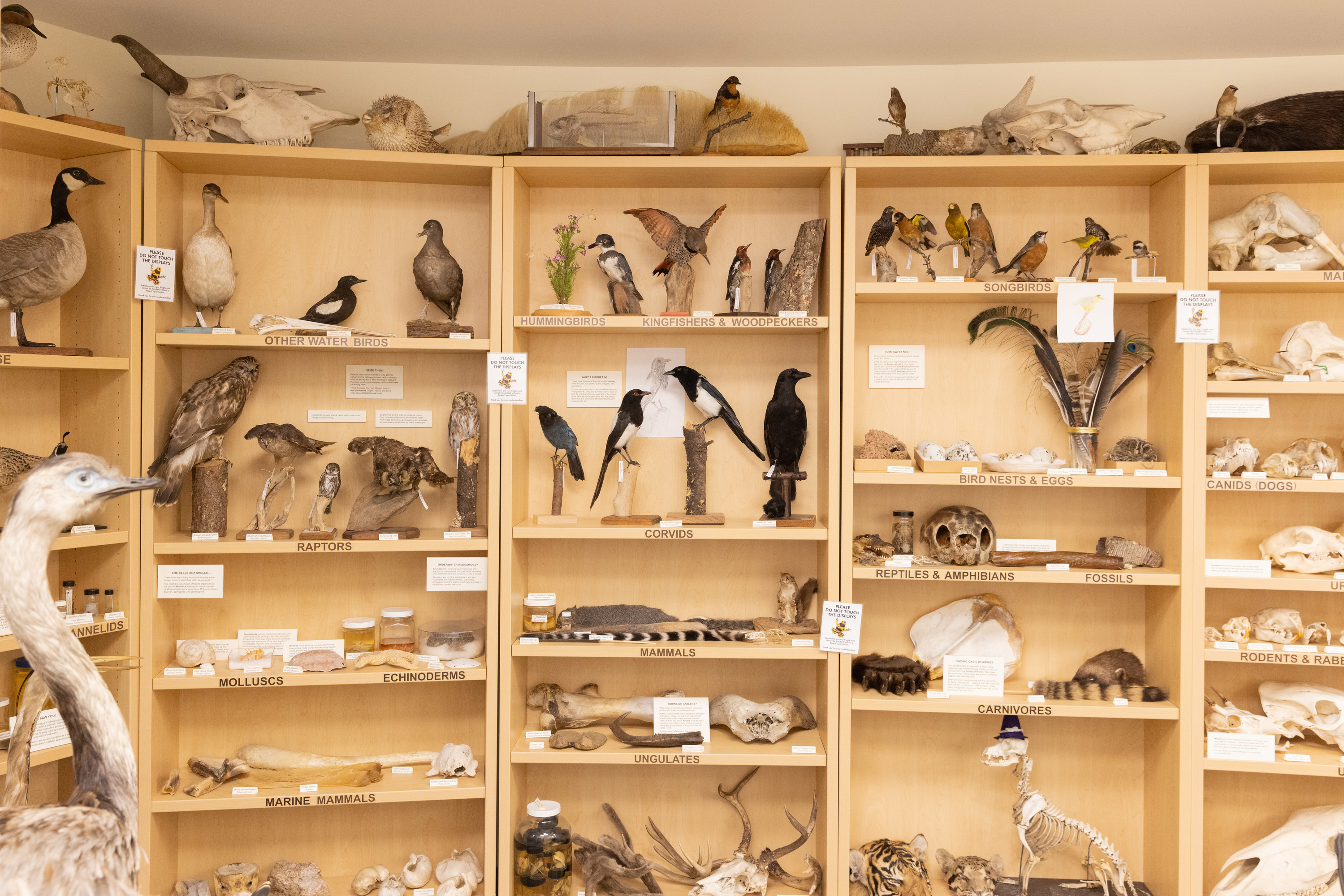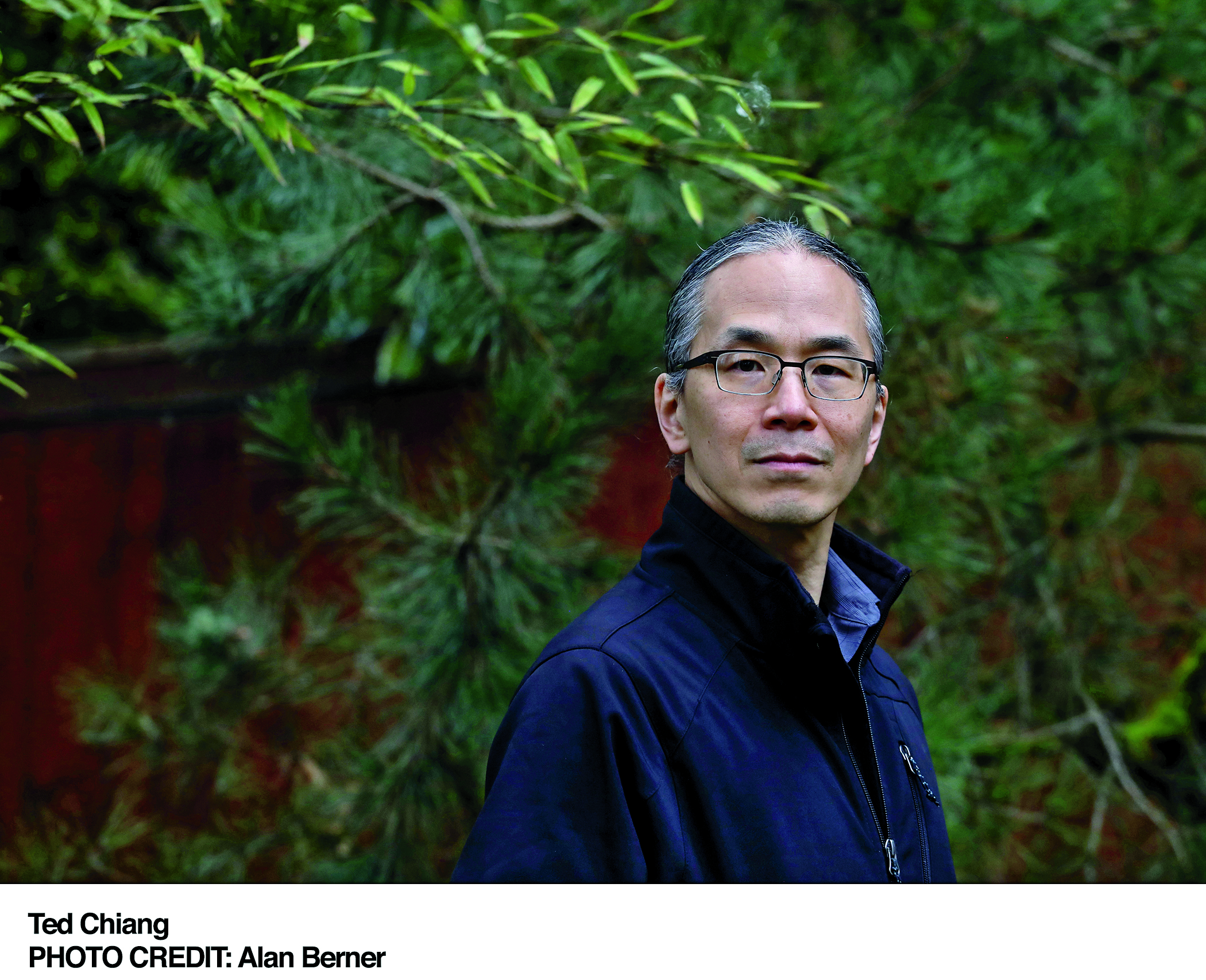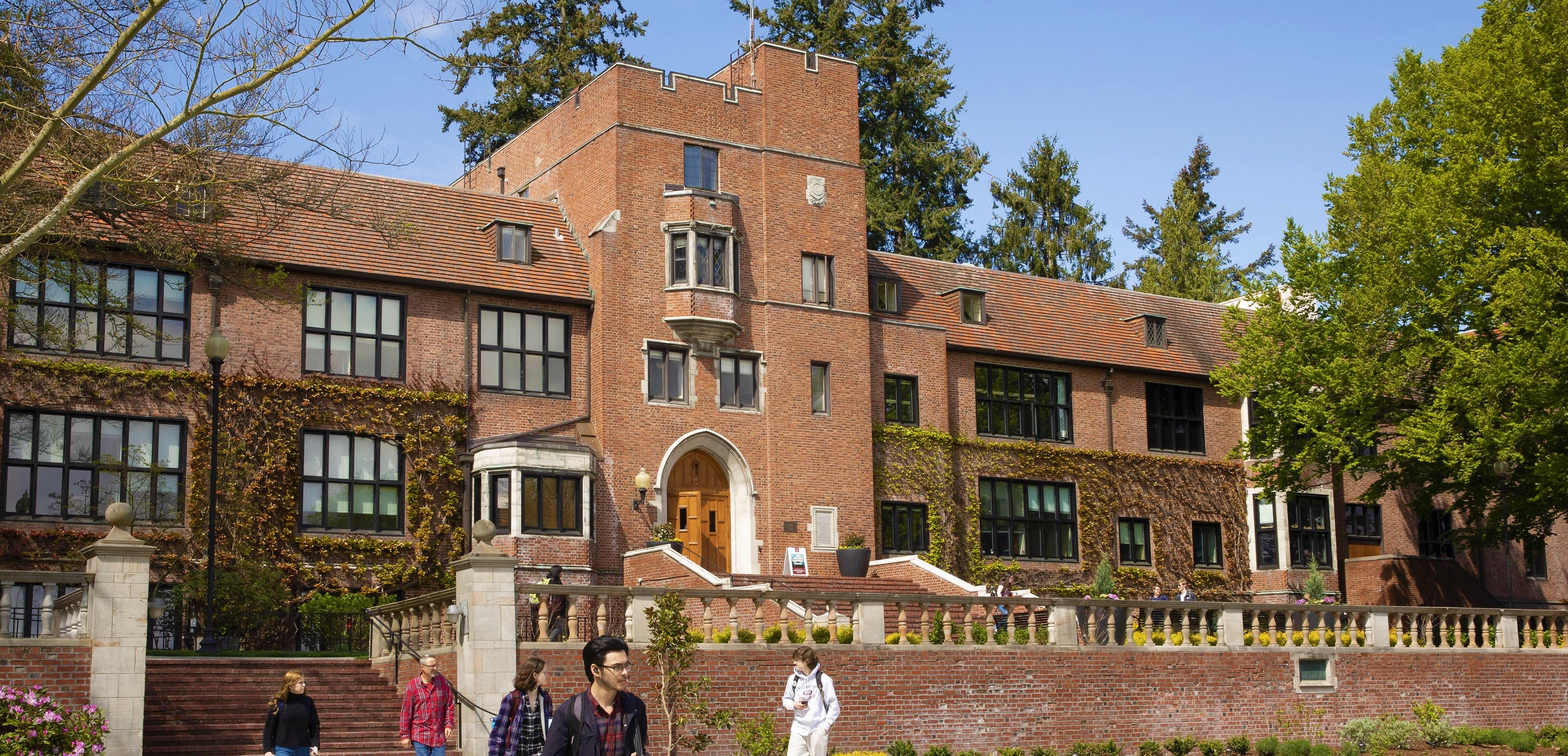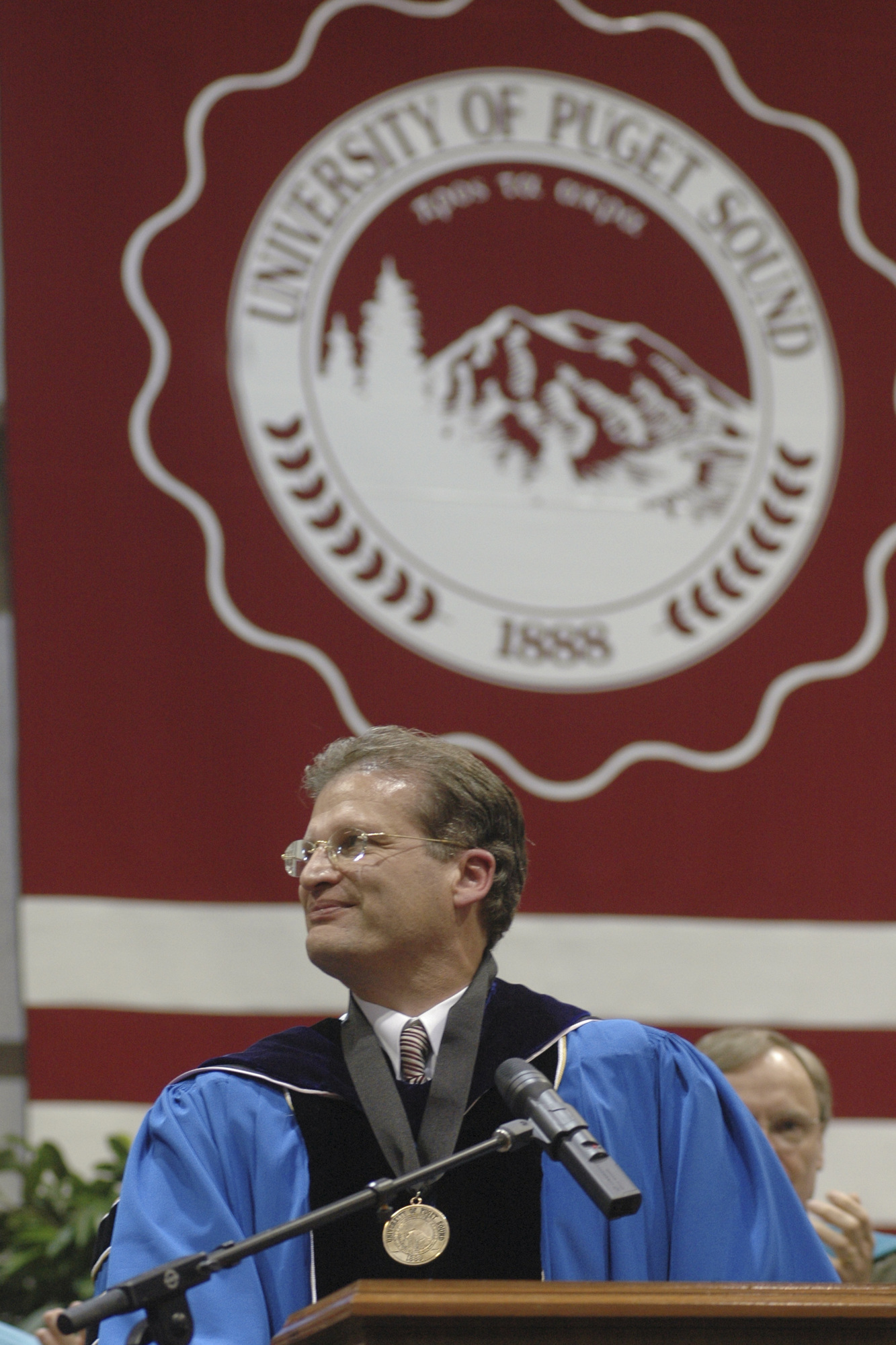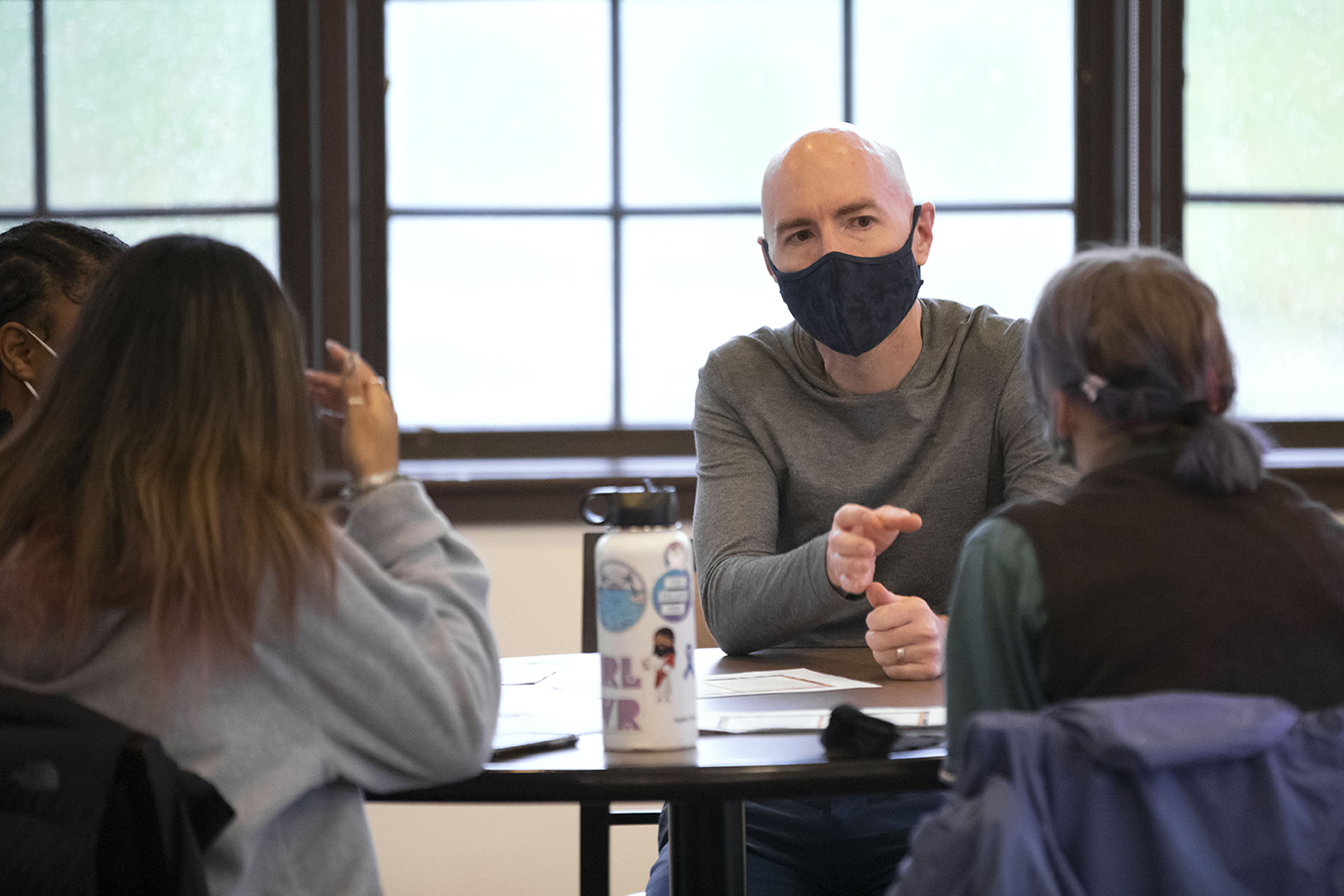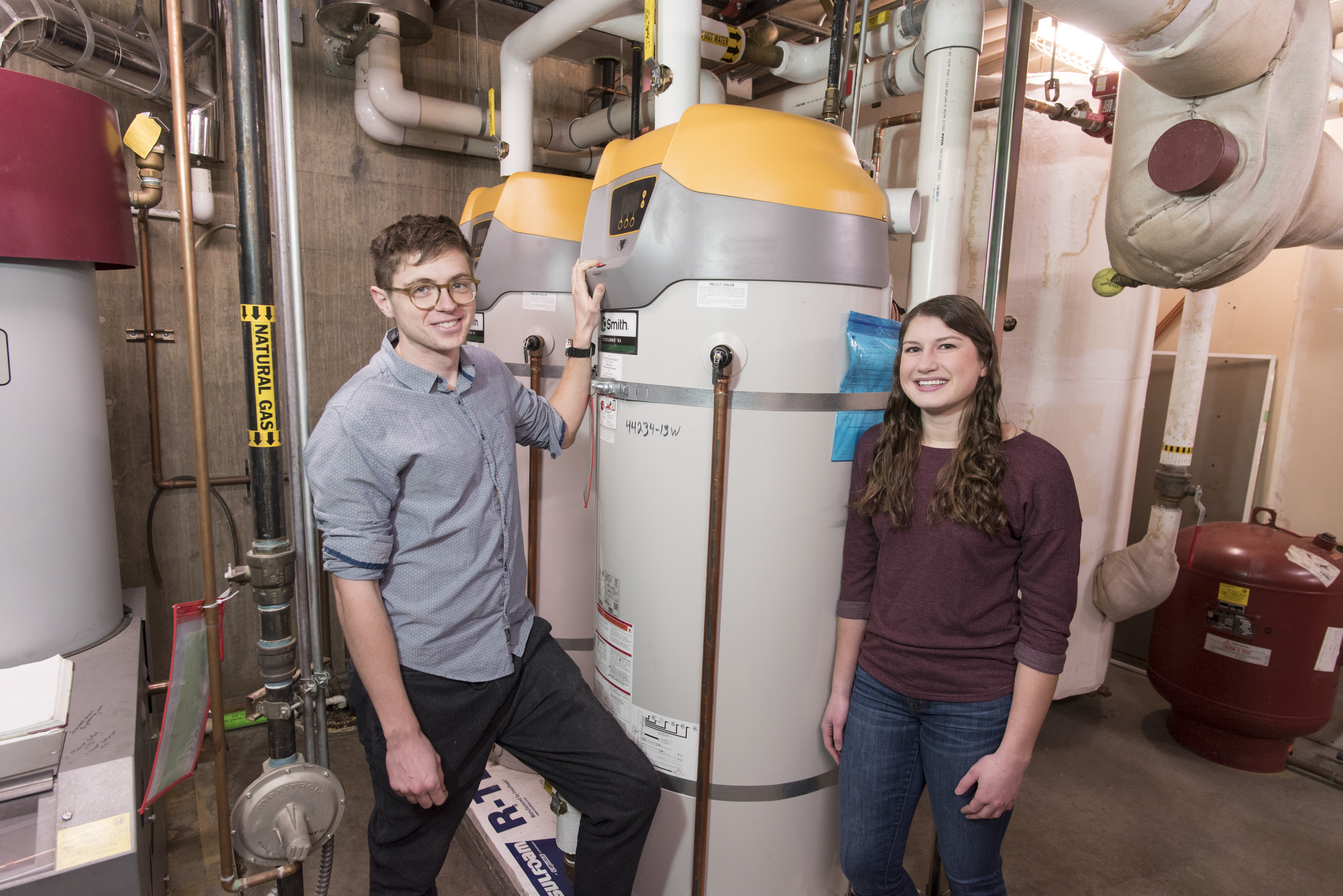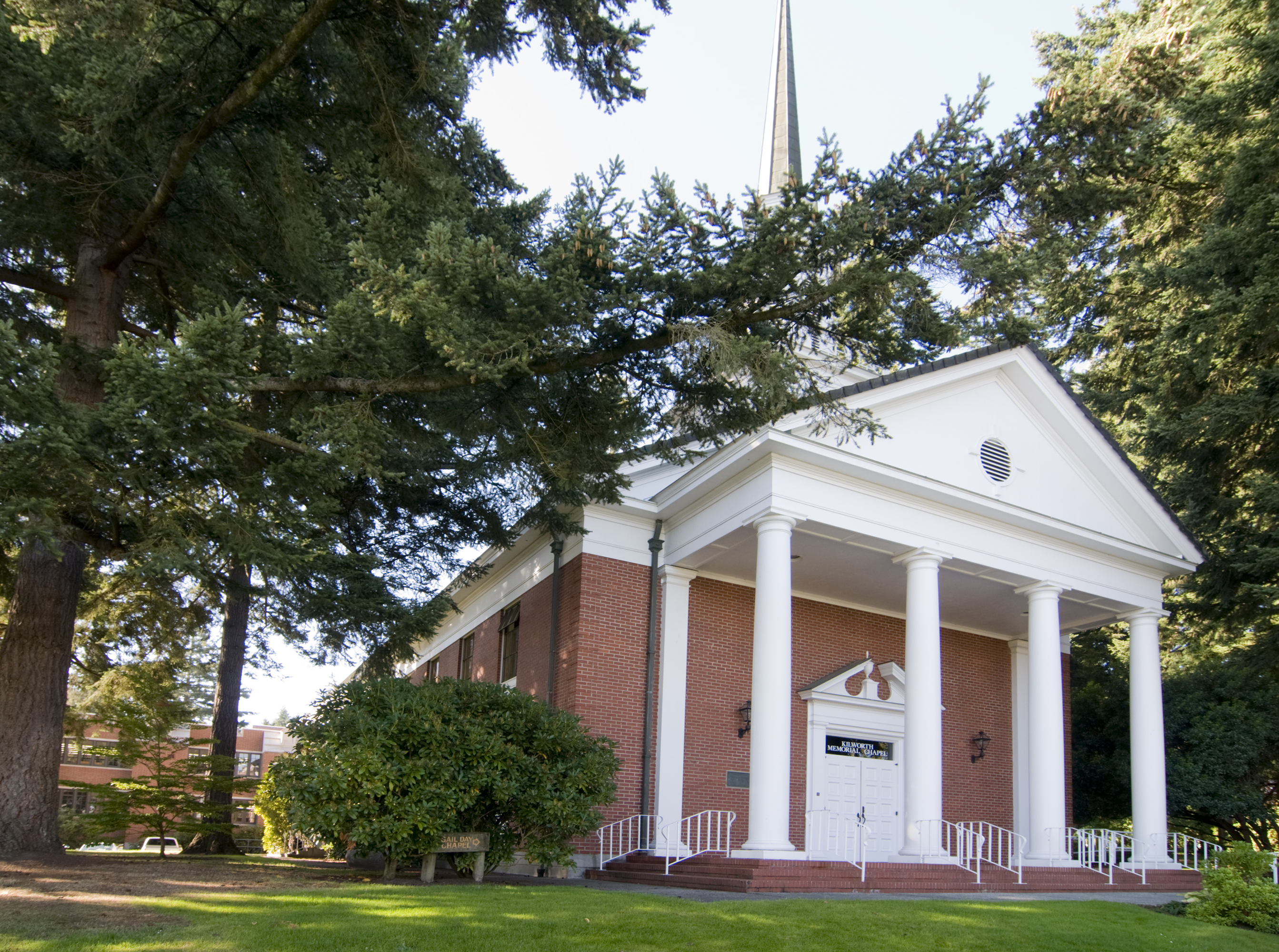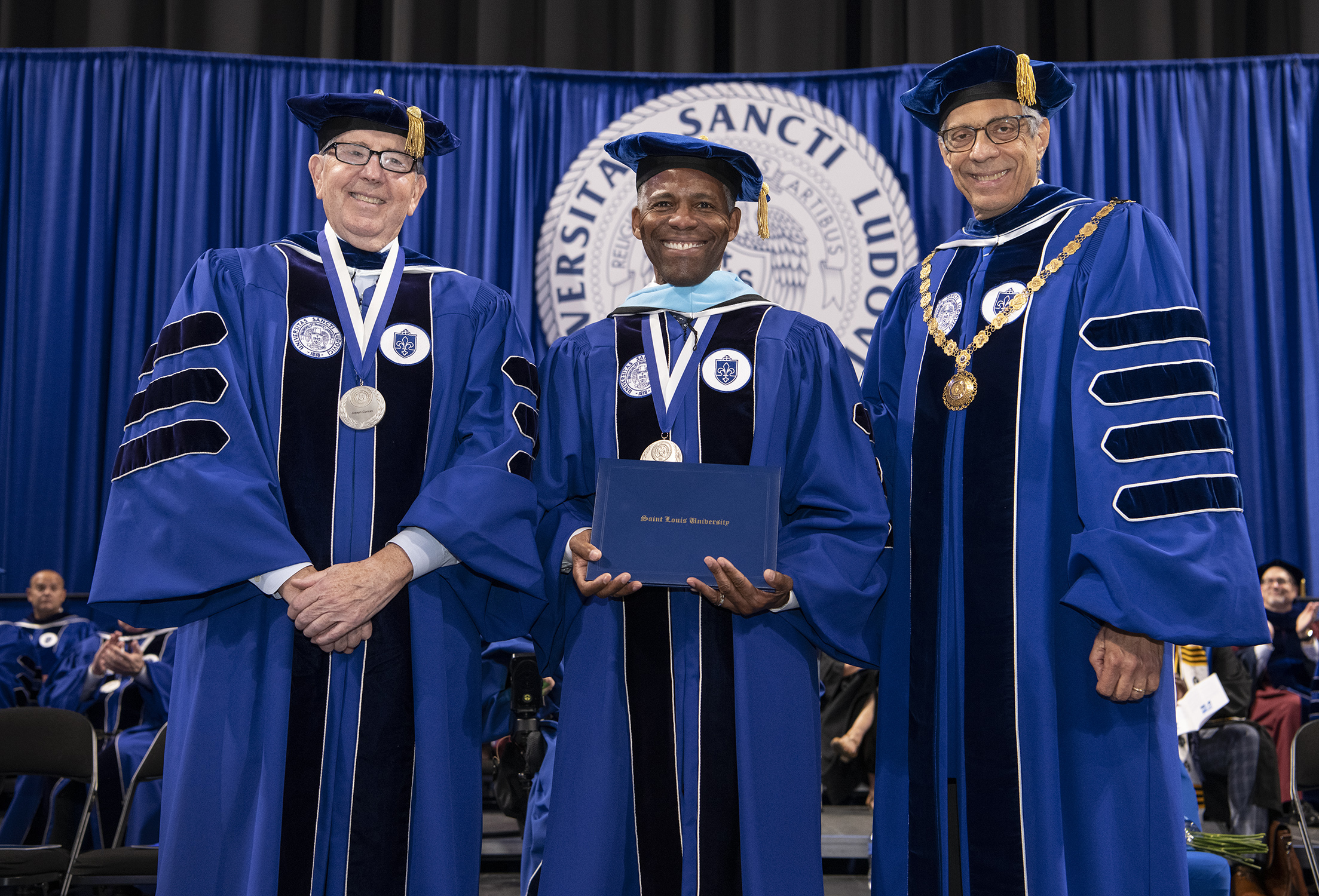The same month that Eberhardt made her request, the university’s Committee to Recommend Principles to Guide the Renaming of Buildings and Spaces completed its work and submitted recommendations to the president. In February 2022, upon President Crawford’s recommendation, the Board of Trustees adopted a new policy incorporating the committee’s recommended principles. Soon thereafter a committee was formed to review Eberhardt’s request, made up of students, faculty, staff, alumni, trustees, and experts in biology, historical research, ethics, diversity, equity and inclusion, communications, fundraising, and donor relations. The committee included members of minoritized populations that have historically been harmed by the study and practice of eugenics.
Eugenics is the study of the use of selective breeding to decrease assumed “inferior” traits and “social ills” and to increase assumed “superior” traits in human populations. The field flourished in the late 19th and early 20th centuries, supporting involuntary sterilization of those it deemed “unfit” and perpetuating beliefs and policies based on ableist, racist, and xenophobic attitudes common at the time. However, eugenics soon fell out of fashion with the scientific establishment.
For more than 30 years, Slater taught a eugenics course in the biology department at what was then the College of Puget Sound. While eugenics was an accepted part of biology curricula when he began his academic career, he continued to teach the course long after the subject was removed from other institutions until his retirement in 1951, and it continued to be offered by the college until 1954. Eberhardt’s research also found that Slater was a member of the American Eugenics Society and uncovered evidence that his teachings included support for sterilization, race-based hierarchies, and the idea that hereditary traits made some people more prone to criminal behavior.
In its final report, which was delivered to Puget Sound President Isiaah Crawford in April 2023, the Slater Museum Name Review Committee found compelling evidence that the name is harmful to the university’s mission and commitment to diversity.
“[The evidence] clearly points to the negative impact the name ‘Slater’ has on members of historically marginalized communities and, in particular, individuals who are neurodivergent and people of color,” the report concludes. “The name is a constant reminder of a harmful belief system that oppressed and caused deep mental and physical harm to members of those communities.”
Following Friday’s vote by the Board of Trustees, Puget Sound will begin the process of removing the Slater name from the museum’s physical space in Thompson Hall as well as on its website and social media accounts. As the university moves forward in addressing its past, leadership will explore the creation of educational elements to inform museum visitors about this complicated history.
“While we cannot reverse the harm that has been done, I believe this is an important step toward healing,” said Puget Sound President Isiaah Crawford. “It is my sincere hope that this change will spur further discussion on campus about the values we hold as a community.”
About Puget Sound
A nationally ranked residential liberal arts and sciences college in Tacoma, Washington, University of Puget Sound enrolls 1,800 undergraduate students from across the country and around the world, as well as 300 graduate students in education, counseling, occupational therapy, physical therapy, and public health. A low student-faculty ratio provides Puget Sound students with personal attention from faculty members who have a strong commitment to teaching and offer 1,200 courses each year in more than 50 areas of study. Puget Sound graduates include Rhodes and Luce scholars, notables in the arts and culture, scholars and scientists, entrepreneurs and elected officials, and leaders in business and finance locally and throughout the world. A top producer of Fulbright U.S. Students, Puget Sound is the only nationally ranked independent liberal arts college in Western Washington, and one of just five independent colleges in the Northwest granted a charter by Phi Beta Kappa, the nation’s most prestigious academic honor society.
